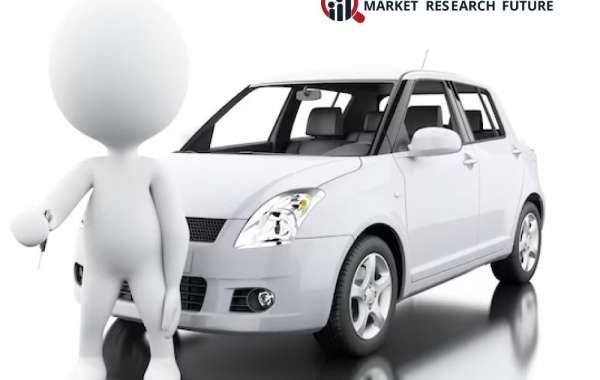South Korea automotive sensor market is thriving, driven by the nation’s robust automotive industry and cutting-edge technological advancements. Automotive sensors are critical components in modern vehicles, enabling functions such as safety, efficiency, and automation. With the global shift towards electric vehicles (EVs), autonomous driving, and stringent environmental regulations, South Korea’s market for automotive sensors is experiencing significant growth.
Market Overview
South Korea is a global leader in automotive manufacturing, home to major players like Hyundai Motor Group and Kia Corporation. The nation’s strong focus on research and development (R&D) in automotive technology has positioned it as a hub for innovation in automotive sensors. The market encompasses a wide range of sensor types, including pressure sensors, temperature sensors, position sensors, and advanced driver-assistance systems (ADAS) sensors.
The rising demand for EVs and hybrid vehicles in South Korea has accelerated the adoption of sensors. These sensors are integral to battery management systems, energy efficiency, and monitoring emissions. The government’s commitment to achieving carbon neutrality by 2050 has further boosted the demand for environmentally friendly automotive technologies, fostering growth in the sensor market.
Key Drivers
- Advancement in Autonomous Driving
The push for autonomous vehicles is a major growth driver. South Korea is at the forefront of developing Level 3 and Level 4 autonomous vehicles, requiring sophisticated sensor systems such as LiDAR, radar, and ultrasonic sensors. Companies like Hyundai Mobis are heavily investing in ADAS technologies, integrating high-performance sensors to enhance vehicle safety and automation.
- Growing EV Adoption
The transition to EVs is reshaping the automotive landscape in South Korea. Sensors play a pivotal role in EV performance, from optimizing powertrain systems to monitoring battery health. The government’s incentives for EV buyers and investments in charging infrastructure have spurred the adoption of these vehicles, directly impacting the sensor market.
- Stringent Safety and Emission Regulations
South Korea’s stringent safety standards and emission regulations compel automakers to incorporate advanced sensors into their vehicles. Features like collision avoidance, lane-keeping assistance, and adaptive cruise control rely on high-quality sensors, ensuring compliance with regulatory requirements while enhancing consumer safety.
Challenges
Despite the promising growth, the South Korea automotive sensor market faces challenges. High R&D costs and the complexity of integrating sensors into vehicle systems are significant barriers. Additionally, global supply chain disruptions, particularly in semiconductor production, have impacted sensor availability and pricing.
Key Players
Prominent players in the South Korea automotive sensor market include Hyundai Mobis, Samsung Electro-Mechanics, LG Innotek, and international giants like Bosch and Continental. These companies are focusing on developing innovative sensor solutions to cater to the evolving demands of the automotive industry.
- Hyundai Mobis
Hyundai Mobis is a leader in ADAS and autonomous driving technologies, producing advanced sensor systems like camera modules, radars, and ultrasonic sensors. The company’s focus on innovation and sustainability has cemented its position in the market.
- Samsung Electro-Mechanics
Samsung Electro-Mechanics specializes in precision sensors, contributing to the development of high-performance automotive components. Their expertise in miniaturization and integration aligns with the industry’s demand for compact and efficient sensor solutions.
- LG Innotek
LG Innotek’s portfolio includes camera sensors and modules essential for ADAS and autonomous vehicles. The company’s emphasis on R&D and strategic partnerships has bolstered its market presence.
Future Outlook
The South Korea automotive sensor market is poised for sustained growth, driven by advancements in automotive technology and increasing consumer demand for safety and convenience. Emerging trends, such as the integration of artificial intelligence (AI) and the Internet of Things (IoT) in vehicles, are expected to create new opportunities for sensor manufacturers.
Furthermore, the expansion of the EV market and continued investments in autonomous driving technology will drive the adoption of advanced sensors. Collaborations between automotive manufacturers, technology firms, and research institutions are likely to accelerate innovation and commercialization.
To Summarize;
The South Korea automotive sensor market is a dynamic and evolving sector, underpinned by technological innovation and a robust automotive ecosystem. As the industry moves towards greater automation, electrification, and sustainability, the demand for advanced sensor solutions will continue to rise. Overcoming challenges such as supply chain constraints and high development costs will be crucial for sustaining growth. With its strong R&D capabilities and strategic investments, South Korea is well-positioned to lead the global automotive sensor market in the years to come.
Explore More;








